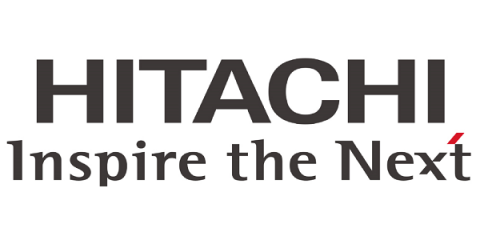Accelerate Time to Insights With Lumada DataOps Suite
As enterprises seek to accelerate the process of getting insights from their data, they face numerous sources of friction. Data sprawl across silos, diverse formats, the explosion of data volumes, and the fact that data is spread across many data centers and clouds and processed by many disparate tools, all act to slow the progress.


